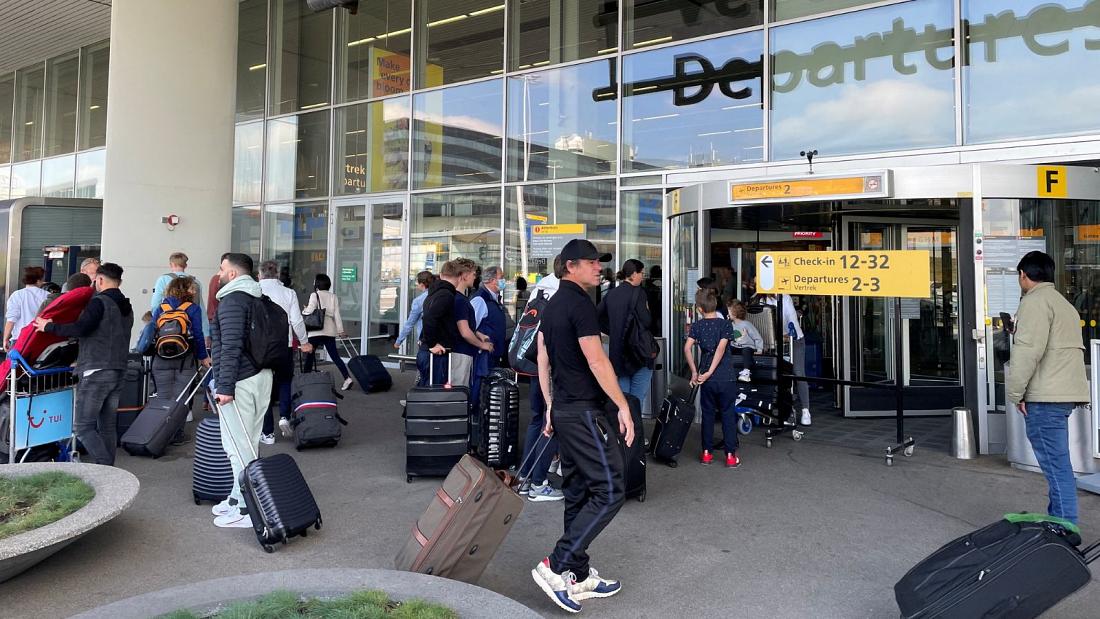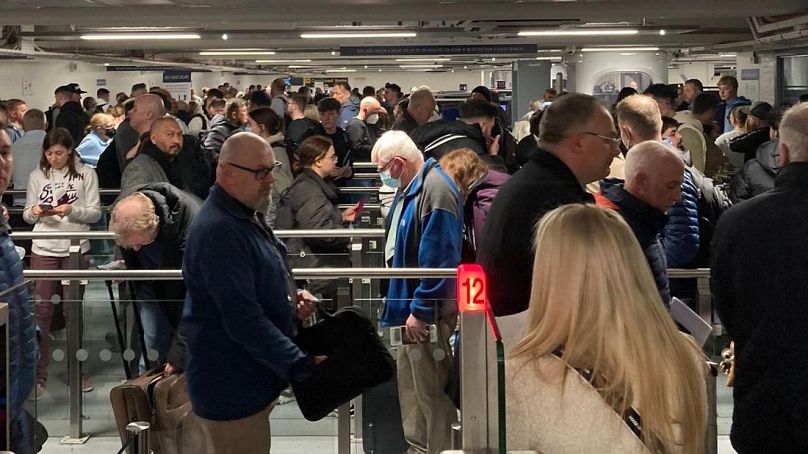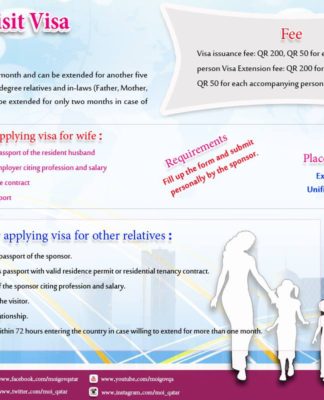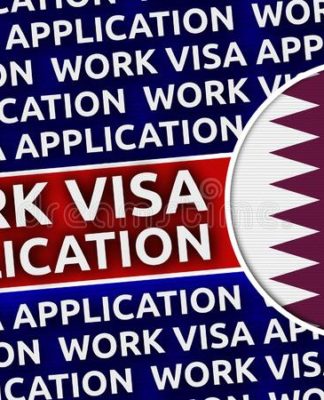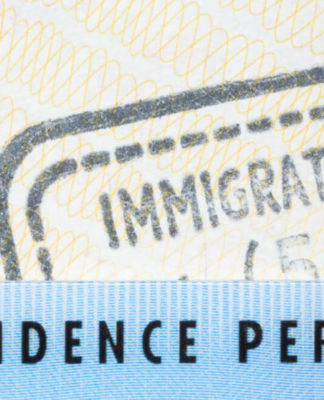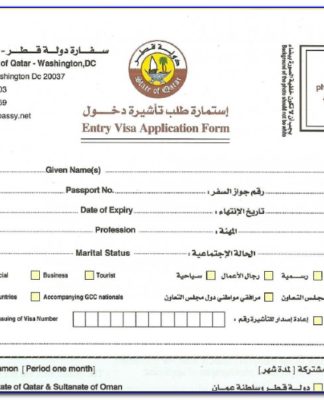Delays inevitable at two thirds of European airports this summer, top industry body warns
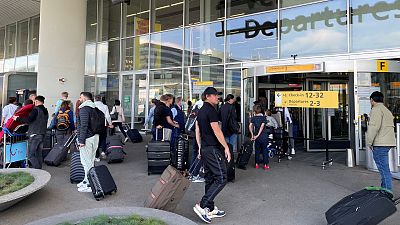
Summer holidays will suffer from ongoing travel issues, Europe’s trade body for airports has confirmed today.
Speaking out after chaotic scenes at Schiphol Airport this week – along with hundreds of cancelled flights in the UK and Ireland over Easter – ACI (Airports Council International) Europe says a lack of financial help during the pandemic is to blame for understaffing at major hubs.
Airports across the continent have been struggling to keep up with the sudden influx of passengers as more and more countries drop their Covid entry restrictions.
Although air travel is still below 2019 levels, traffic peaks are in fact higher than pre-pandemic levels at many larger airports.
“Coping with this sudden increase and concentration of air traffic has been challenging for airports and their operational partners – in particular ground handlers,” says the joint statement from ACI Europe director general Olivier Jankovec and Fabio Gamba, MD of ASA (Airport Services Association).
“This has resulted in an increase in flight delays and cancellations, and more generally a degraded passenger experience at many airports.”
For those hoping to escape the chaos over the summer, the airport trade association has some sobering news from its recent survey. 66 per cent of Europe’s airports expect flight delays to increase.
So what exactly is behind the Europe-wide delays, and where will the solutions come from?
What is causing the chaos at Europe’s airports this spring and summer?
While each airport is unique, the underlying reason for delays has been “the impossibility of scaling up staffing” to the required levels, Jankovec and Gamba say.
Airports and ground handlers are emerging from the pandemic with depleted numbers, as they were “forced” to lay off staff when air traffic collapsed in 2020.
However, aviation union Unite’s national officer Oliver Richardson says “The industry is very much reaping what it has sown.
“Not only has the existing economic model been incapable of delivering decent and sustainable jobs, but this has been compounded by the behaviour of some employers who during the pandemic opportunistically slashed jobs and cut pay and conditions.”
In its statement, ACI Europe agrees that poor pay and working conditions – including working Monday-Friday without a break – are making it tricky to re-hire airport staff.
“These problems will have to be resolved not only with pay increases, but also improvements in other working conditions,” comments Richardson. “These will help ensure that an aviation job is both economically and socially sustainable for those working in the industry.”
Notoriously long security vetting times of up to 16 weeks also make it “impossible” to quickly adapt and deploy people, the statement says. In a move to speed up recruitment in the UK, the government announced plans to allow new employees to begin training before the checks are complete.
How can Europe’s airport problems be fixed?
Given the systemic understaffing issues, most airports – especially bigger ones – expect that the quality of passenger’s experience will be “unavoidably affected” this summer.
There’s one note of optimism in the new survey, however. Though two-thirds of airports foresee flight delays increasing, only 16 per cent expect flight cancellations to rise too.
But in a sign of how much work remains, 35 per cent of European airports said they expect the airport and ground handling staff crunch to affect their operations beyond the summer season.
“Airports and ground handlers are leaving no stone unturned as they strive to overcome these challenges,” say Jankovec and Gamba, admitting that “short-term, there is no quick and easy fix.”
How do airlines and airports work together – and is it working?
One measure the industry heads are calling for – alongside quicker security clearance for staff – is better communication from airlines.
They’re asking carriers to adapt their schedules to reduce traffic peaks and return unused slots as early as possible. Notifying airports at least three weeks before scheduled flights will help managers to maintain appropriate staffing levels.









